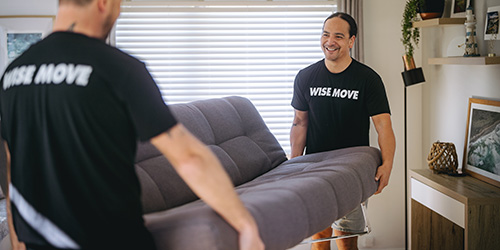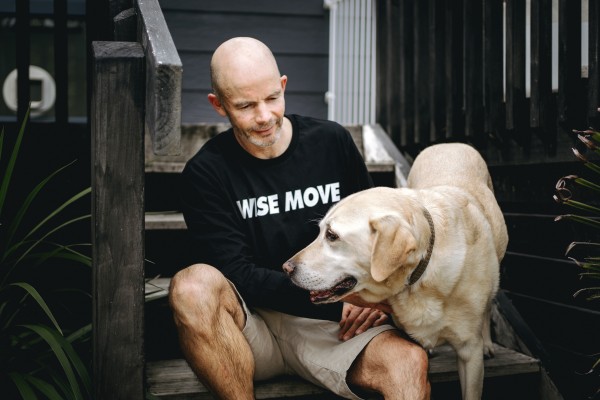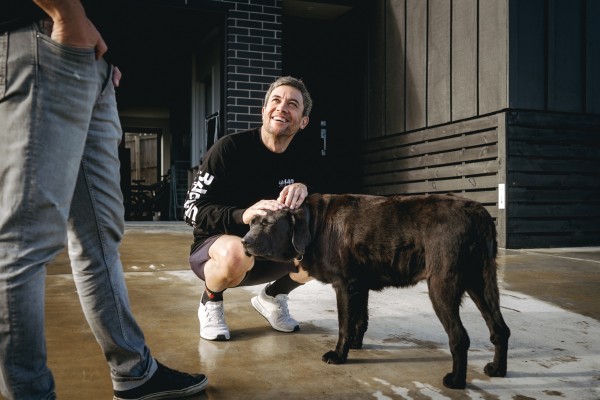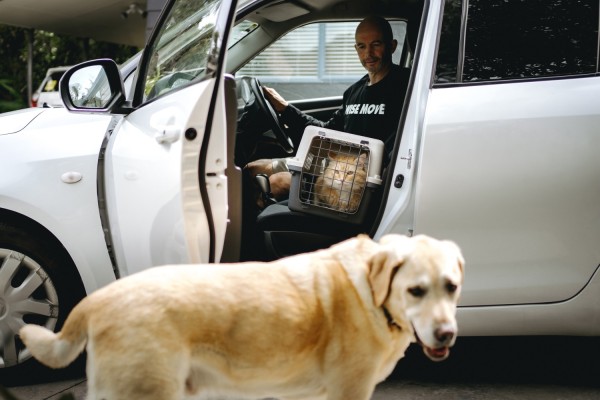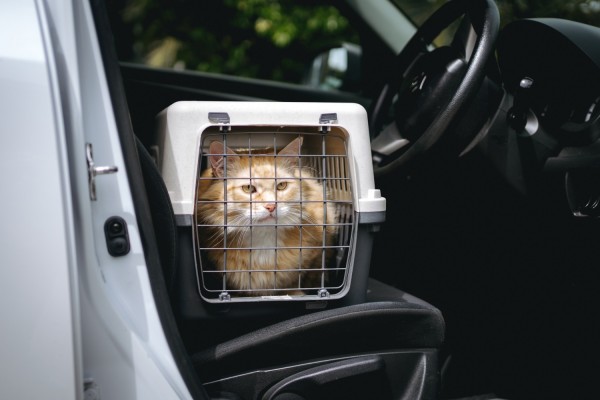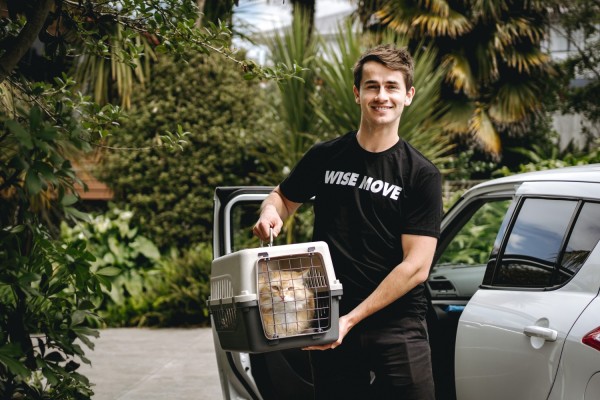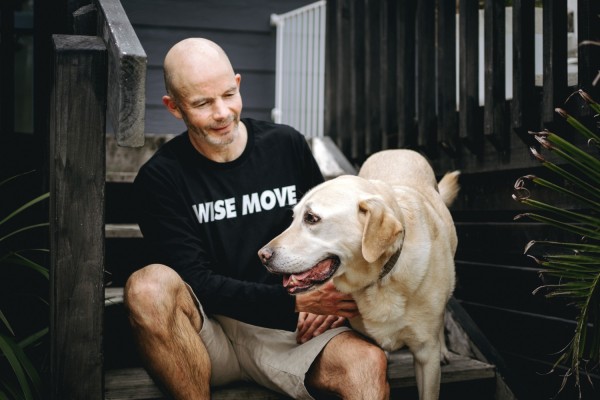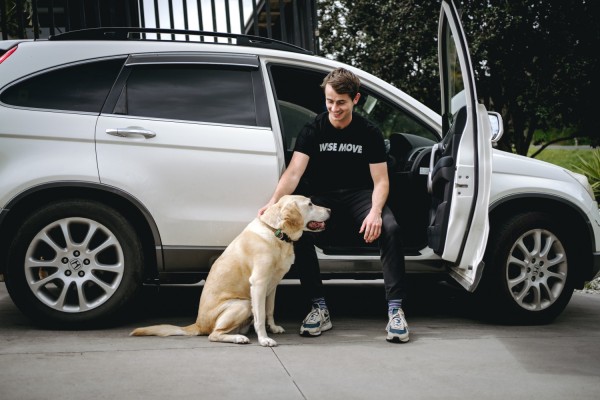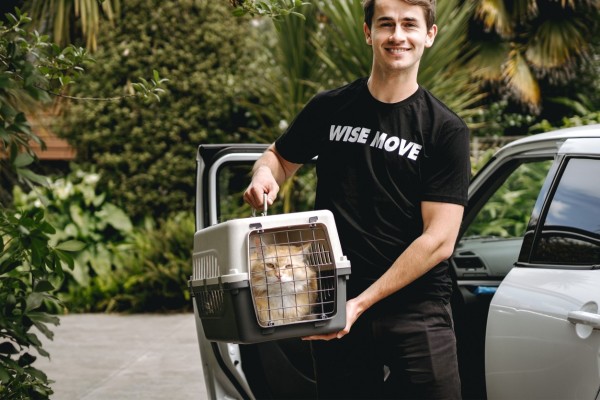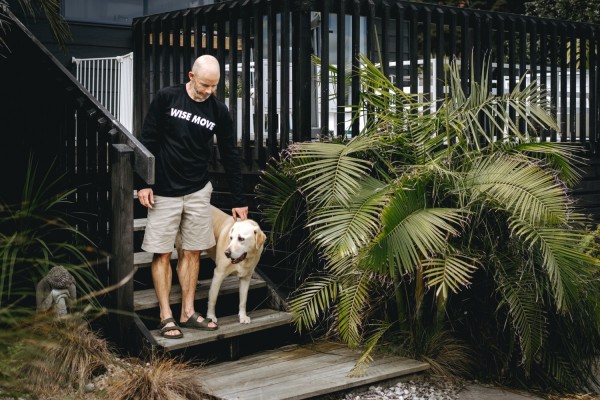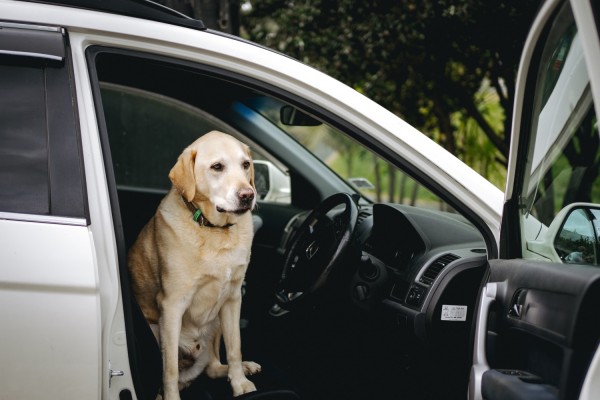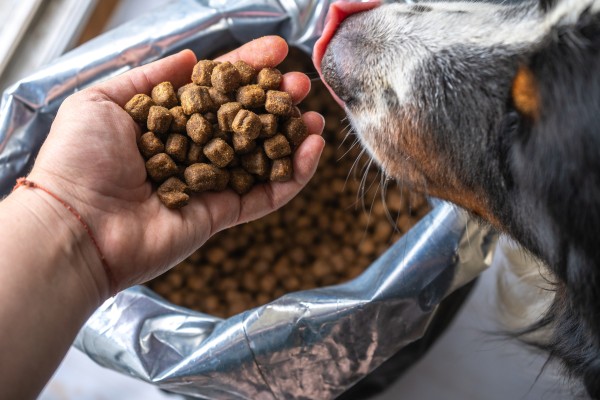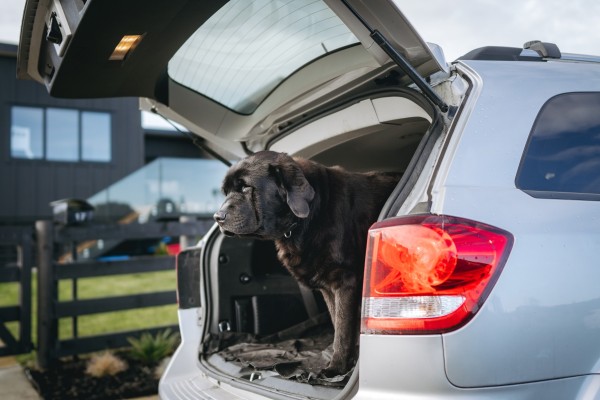Rehoming your pet in New Zealand: how to prepare your dog
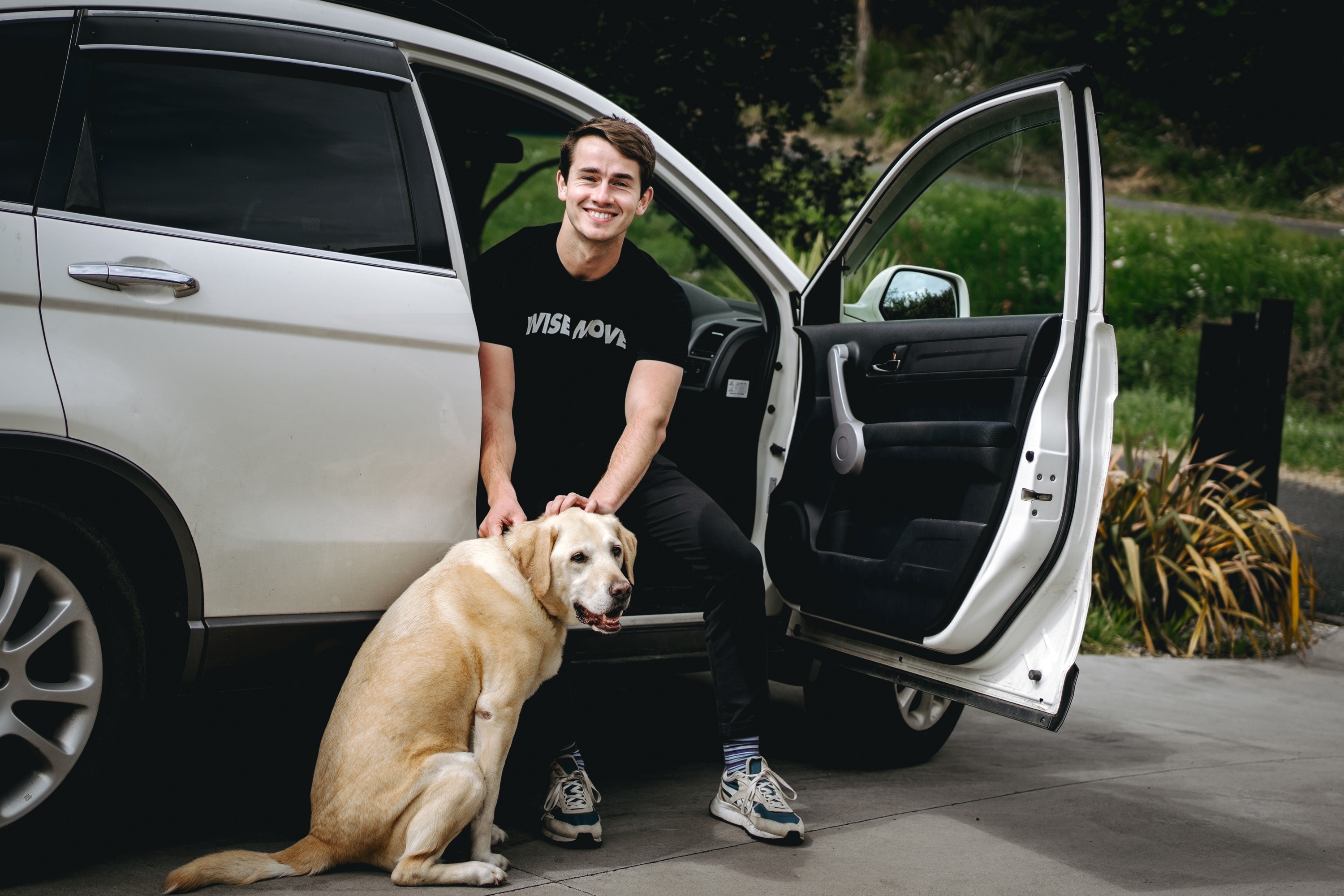
There’s plenty of information online about adopting a pet, but what happens when you face the difficult decision of rehoming your dog in New Zealand?
Rehoming your dog is never easy. No matter how long you’ve had your dog, it’s a hard decision to put your pet up for adoption or go through the rehoming process.
If you’re considering rehoming your dog, learning about the process is a great way to prepare your dog and your family for the change in circumstances. Read on to find out if rehoming is the right choice and how to prepare your dog for their new family.
Why do some people rehome their dogs?
Common reasons for rehoming a dog include:
-
Changes in lifestyle—moving from a rural to an urban area may be difficult for your dog.
-
Rehoming a dog that was found or temporarily adopted—wanting to find their forever home.
-
Wanting better stability for your pet—if your hours or lifestyle has changed, you may have less time for a dog.
-
Behaviour or socialising issues—if a dog isn’t good with kids or doesn’t get on with other animals, some people may choose to rehome their dog,
-
Financial issues—dogs are a considerable investment and a change in finances can impact a person's ability to look after their pet.
Why prepare your dog for rehoming?
Preparing your dog for rehoming is more than just getting them ready to move location. It’s also a part of being a responsible pet owner. Preparing your dog with extra training or socialisation can help them adapt to the change in circumstances faster.
Before you rehome your dog in New Zealand:
Understand why you are rehoming your dog
Understanding why you are rehoming your dog is important. You’ll need to explain to any potential new owners why you are choosing to rehome your dog. This will also help you find the right home for your pet. If your dog has behavioural issues or needs a certain level of exercise or care (that you couldn’t provide), sharing this information with others will ensure your dog's needs are catered for.
How to rehome your dog in New Zealand
When it comes to rehoming your dog in New Zealand, there are a few different options:
Local shelters
Local shelters are a good option as they are equipped to handle the rehoming process. Make sure you enquire ahead of time, as some shelters have limited capacity.
Direct rehoming
Direct rehoming is when you find a new home for your dog directly rather than seeking help from a third party. You may be able to reach out through your personal network by social media, talking to friends or family, or using community message boards to find a new home for your dog.
Professional rehoming services
Some professional rehoming services can help dogs find new homes. Retired Working Dogs NZ is an online website dedicated to find working dogs a new home post-retirement. There are other online services that help find jobs for dogs!
How to prepare your dog for rehoming
These steps will help ensure that your dog is healthy before they get to their new home.
Vaccinations
Start by taking your dog to the vet and getting them a comprehensive check-up. During the visit, you can get your dog any vaccinations they may have missed. These are important for the health of your dog and will help your pet meet the adoption requirements of many organisations as well as the new owners.
Spaying and neutering
If your dog is not spayed or neutered, have this done, as it can increase the chance of your dog being adopted. It can also help reduce health risks and some behavioural issues.
Medical records
Make sure you get a copy of your dog's medical records to give to the new owners. Having a detailed description of any treatments, preventative measures like flea and tick treatments, and any health problems new owners need to be aware of is important.
Behavioural training
Behavioural training is essential for any dog, regardless of whether they are being rehomed. If you are rehoming your dog due to any issues, enrolling them in classes for problematic behaviours will not only help improve this behaviour, but will make your dog more adaptable to transitioning into a new home.
Behavioural training is a good idea if you’re dog has problems with excessive:
-
Chewing
-
Barking
-
Aggression
In addition to behavioural training, you can work on general training with your dog to ensure they respond to simple commands such as come, sit, stay, and make sure that they can walk on a leash without pulling. A well-behaved dog has a higher chance of being adopted, and regular training is a great way to improve their behaviour.
Socialising
Socialising is an important part of preparing your dog for a new home. The more people and dogs they are exposed to, the better off they’ll be when it comes to adapting to a new environment. If your dog doesn’t often socialise with other dogs, you can try slowly introducing them to new places. Why not try:
-
Regular visits to a dog park
-
Setting up play dates with friendly dogs
-
Taking them to dog classes or agility
-
Walking them around new areas
Regular contact with other dogs is good for reducing aggression or helping skittish or fearful dogs become less anxious.
How to surrender a dog in New Zealand
Surrendering a dog is a formal process that involves transferring your dog's ownership to a shelter.
Ideally, you would want to rehome your dog to their forever family. If you can’t find a home or if your circumstances change as an owner, you may need to consider surrendering your dog to a shelter.
It’s important that you weigh this decision carefully. There is a chance that your dog may not be adopted or spend a long time in a shelter before being adopted.
Do your research
Do your research before you surrender your dog to a shelter or adoption agency. Look at online reviews, talk to your local vet about the right option and talk to the shelter in question on the phone or visit them before you make your choice.
Choose the right facility
Look for a facility with clear guidelines on how dogs are treated and rehomed. Ask them about the likelihood of your dog being rehomed. If your dog is a working dog or has particular needs, try and find a facility that will accommodate them.
Some signs of a good shelter include:
- A transparent adoption process: they can tell you how they will look for the right family for your pet and what criteria they use to find a new home.
- A commitment to medical care: check whether the shelter provides veterinary care.
- A behavioural assessment: enquire as to whether the shelter will work on any behavioural issues your dog may have to help their chance of rehoming. You should still work on this before surrendering your pet to a shelter.
Visit in person
On an in-person visit, you’ll get a sense of what the shelter is like and whether you feel comfortable surrendering your dog. Take note of:
Cleanliness
Are the cages and outdoor areas clean and well-maintained?
Space
Do the dogs have enough room in their cages and do they have an outdoor area they can play in? It’s important that your dog has enough room to sit, stand and move comfortably in their cage as well as time for socialising, fresh air and play.
Staff
How do staff interact with the animals? Are they able to answer your questions and take their time to make sure understand the process? A good shelter will have staff who are knowledgeable and caring.
Other animals
What is the behaviour of the other animals like? If the animals seem stressed or aggressive, it may be a sign that the shelter is too crowded or that the animals don’t get enough time out of their enclosures.
How to prepare your dog for rehoming your dog in New Zealand
Rehoming your pet is an emotional process for both the dog and the owner. While you can’t prepare your dog for their new home before they move, you can make the transition a less stressful one for your pet.
- Spend time together: Spend time with your dog leading up to the time they are rehomed or surrendered. Whether you’re just playing together or working on their socialisation and behavioural training, quality time is good for both of you.
- Maintain a routine: Routines are great for dogs as it will help create a sense of stability. It’s also great if you can communicate this routine to the new owners, as it will help your dog settle in.
- Don’t get too emotional: As hard as it is, being too emotional during your goodbyes can make it harder on your dog. Dogs pick up on stress, and seeing you upset can make your animal anxious.
- Get your dog groomed: Before surrendering or rehoming your dog, make sure you book them in for a grooming service. A groomer will bathe your dog, trim their nails brush them and generally ensure they are looking healthy before they are rehomed.
- Pack their items together: Make sure you pack up your dog's essential items together and give them to the shelter or the new owners. This will help your dog feel more settled and give them some familiarity with the space they are in. Include their bedding, toys and any special treats.
Need help transporting your dog to their new home?
With Wise Move, you can find transportation services for your dog to get them safely and securely to their new home. Find a trusted pet transport mover now.
What do our customers say?




For every (wise)move
